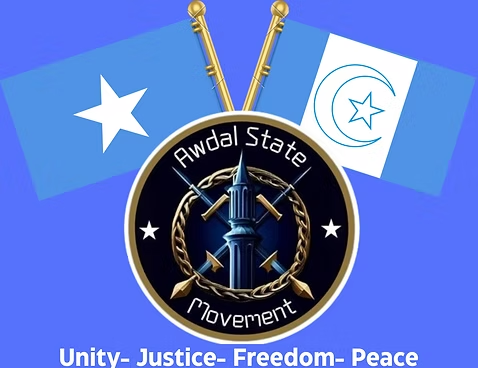It has gone far too long that Ethiopia’s leadership in Addis Ababa continues to trample Somalia’s sovereignty by treating “Somaliland” not as a regional state within the Federal Republic of Somalia, but as an independent interlocutor. By hosting and empowering, recently, the so-called “Somaliland” presidency, Prime Minister Abiy Ahmed’s government is directly undermining Somalia’s territorial integrity, and doing so with impunity under the guise of “regional stability.”
Since Eritrea’s exit from the Ethiopian Theatre of Influence, Addis Ababa has sought new footholds in the Horn of Africa. Its embrace of “Somaliland” flies in the face of every principle of international law. The 1960 agreement by which the former British and Italian Somalilands united to form the Somali Republic remains the only legally recognized basis for the nation’s borders. Any external recognition, diplomatic, economic, or security-related, of a breakaway “state” in northwestern Somalia is a direct affront to the United Nations Charter and to the African Union’s own framework on inviolable frontiers.
Mogadishu has long endured this meddling with measured restraint. But every act of interference from Addis Ababa chips away at Somalia’s right to self-determination. It is past time for the Federal Government of Somalia to respond in kind. If Prime Minister Abiy Ahmed can host “Somaliland” leaders in Addis Ababa, then why should Somalia not welcome Ethiopia’s own regional actors, including the Fano movement, Tigrayan representatives, and Oromo delegations, to Mogadishu? Such a reciprocal invitation would send a powerful signal: Ethiopia’s internal affairs are no longer a one-way street, and every state that violates its neighbor’s boundaries must be prepared to answer.
Beyond symbolism, a genuine inter-Horn dialogue, in which Ethiopia’s marginalized peoples and Somalia’s federal institutions sit across the same table, could also pave the way to settling grievances on both sides of the border. But first, Addis Ababa must acknowledge the fundamental truth of the post-colonial order in Africa: borders inherited at independence cannot be redrawn by force or by diplomatic favoritism. Respect for Somalia’s unity is not a concession; it is an obligation under treaties, charters, and the promise of Pan-African solidarity.
Somalia’s federal government should therefore demand that Ethiopia cease all formal and informal dealings with “Somaliland” as if it were a sovereign state. It must also make clear that any further violation of Somalia’s territorial integrity will have diplomatic, and, if necessary, reciprocal, consequences. Only when Addis Ababa respects its neighbors as equals under international law can the people of the Horn of Africa hope to leave behind decades of intervention and instability.
By: BURAALE XINIIN
